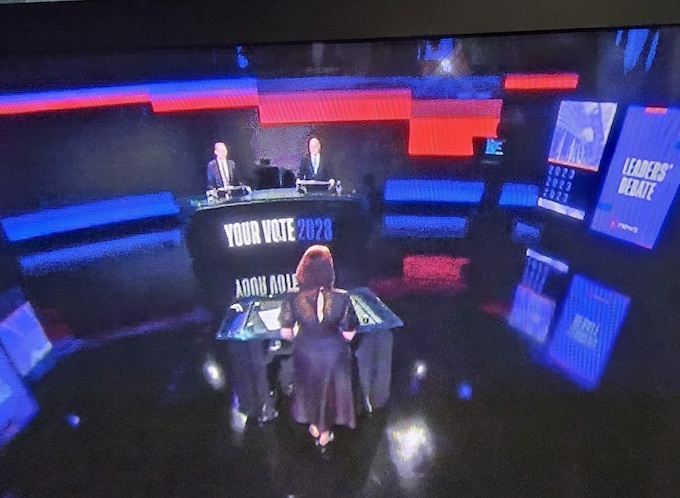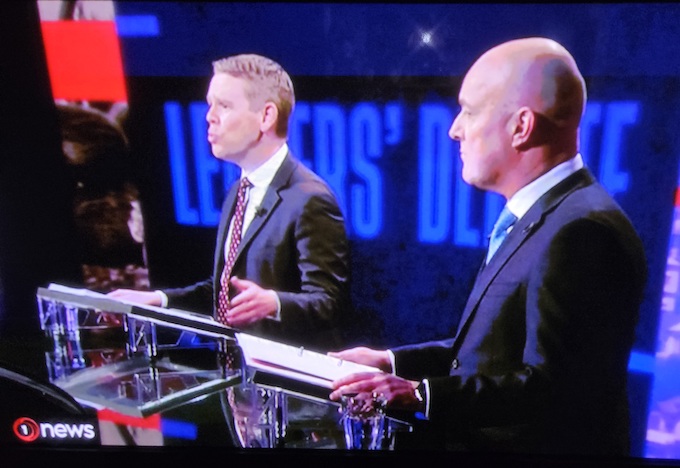
The Baltimore Sun‘s timeline (4/24/15) of Freddie Gray’s arrest and death relied heavily on the Baltimore Police Department’s narrative.
Five days after Freddie Gray’s death, the Baltimore Sun (4/24/15) published on its website an interactive slideshow on his arrest, which it updated later that month as the Baltimore Police Department (BPD) added information. Audiences could click through a timeline of details of Gray’s long April 12, 2015, ride in a Baltimore police van, during which police reportedly made six stops before officers said they discovered their prisoner was unconscious. (Gray died on April 19, after a week in a coma.)
The slideshow was almost entirely sourced from the statements given by BPD leaders during press conferences, without independent corroboration. Some of the police claims were repeated as fact, with no attribution. “The driver of the transport van believes that Gray is acting irate in the back,” it stated at one point.
There was one small sign of resistance to the police narrative included in the slideshow: “Multiple witnesses tell the Sun they saw Gray beaten [at the second stop], but police say evidence including an autopsy disputes their accounts.” Here, as elsewhere in its Gray coverage, the Sun implicitly “corrected” witnesses with the police version of events.
The slideshow illustrated the Sun‘s general approach to coverage of Gray’s death, one of the biggest national stories to come out of Baltimore in decades: The narrative was largely shaped by police’s version of events, presented by the paper with limited skepticism or contradictory information. When witness accounts did appear in the Sun, they were usually reduced to brief uncorroborated soundbites.
Public strategically misled

Freddie Gray (1989–2015)
In a new book, They Killed Freddie Gray: The Anatomy of a Police Brutality Cover-Up, I reveal extensive evidence that undermines most of what the Sun reported in its slideshow timeline. My book is sourced to discovery evidence from the prosecution of six officers that was never presented in court, internal affairs investigation files and more. I reveal that police and prosecutors were aware of physical abuse that happened during the first two stops of Gray’s arrest, but strategically misled the public and manipulated evidence to hide it (as I also reported elsewhere: Appeal, 4/23/20; Daily Beast, 8/19/23).
In particular, I reveal that there were at least nine witnesses who saw police pull Gray out of the van at its second stop at Mount and Baker streets, shackle his ankles, and throw him headfirst back into a narrow compartment in the van. They also saw him becoming silent and motionless at that stop. Many of them reported these details to investigators early on. The medical examiner determined Gray’s fatal injury was caused by headfirst force into a hard surface, but she wasn’t told about these statements.
While the public saw a viral video of Gray screaming while he was loaded into the van during his arrest at the first stop, it heard much less about what happened at Mount and Baker streets. My book takes a look at the role the media played in both enabling the police’s coverup and gaslighting the witnesses.
The Sun was hardly alone in its “police say” approach to this story, but it arguably did the most damage. For one, it invested extensively in its Gray coverage, becoming the paper of record on the case, with its content republished or cited frequently by other outlets (e.g., Chicago Tribune, 4/25/15; CNN, 6/24/15). And much of the Sun’s coverage took a decidedly, and increasingly, pro-police slant.
Making a mystery

The Baltimore Sun (4/24/15) turned Freddie Gray’s death into a “mystery” by marginalizing witnesses who saw Gray physically abused by police.
Twelve days after police seized Gray, the Baltimore Sun (4/24/15) published “The 45-Minute Mystery of Freddie Gray’s Arrest,” exploring what was known and still unclear about his detention. The article cited three witnesses describing different types of excessive force used against Gray, alongside the police’s narrative. Over the next two years of protests, riots, trials of four officers (with no convictions) and outside investigations, the Sun continued fostering “mystery” and speculation around Gray’s cause of death (epitomized by the Rashomon-like documentary Who Killed Freddie Gray?, co-produced by the Sun and CNN—2/12/16).
Yet Gray’s death was a mystery by design. Police and city leaders began insisting early on that his cause of death could never be known. “It’s clear that what happened happened inside the van,” Mayor Stephanie Rawlings-Blake said on April 20, one day after Gray died; she asserted that Gray’s fatal injury must have happened while the van was moving, when there was nobody present to witness it.
Two days later, the Fraternal Order of Police’s attorney made a similar statement: “Our position is, something happened in that van, we just don’t know what.”
There was no evidence to support these claims—police had more evidence of excessive force at that time—but the narrative took hold. The Baltimore Sun (4/23/15) followed those statements by speculating about “rough rides,” a practice where police van drivers harm unseatbelted prisoners by driving erratically.
As city leaders invalidated the claims of witnesses, the Sun stopped highlighting their accounts in its stories, even investigative stories. A May 2015 article (5/20/15) disclosed a cellphone video that showed a few seconds of Gray silent and motionless at Mount and Baker streets, the second stop. “Less is known about what happened…when the van stopped at Baker Street and he was shackled,” the article stated.
Yet the story omitted what witnesses had previously told Sun reporters (4/24/15, 4/24/15) about Gray being beaten and thrown headfirst into the van at that stop. The accompanying video to the May 2015 article said that officers merely “placed him back into the van” at the second stop, which was the police’s narrative.
By the time the autopsy report was leaked to the Sun (6/24/15) in June, revealing that Gray’s fatal injury was caused by headfirst impact into a hard surface—comparable to “those seen in shallow-water diving incidents”—the witness accounts of the second stop were seemingly forgotten.
While the Sun marginalized and ultimately erased witnesses, it did not hesitate to give frequent weight and credibility to the claims of police, even anonymously sourced. The Sun (4/30/15) headlined one such claim in “Gray Suffered Head Injury in Prisoner Van, Sources Familiar With Investigation Say,” with the story reporting:
Baltimore police have found that Freddie Gray suffered a serious head injury inside a prisoner transport wagon with one wound indicating that he struck a protruding bolt in the back of the vehicle, according to sources familiar with the probe.
During the trials, the medical examiner refuted the bolt claim entirely, explaining that she had told detectives on April 28 that the bolt was not consistent with any of Gray’s injuries. Two days later, the bolt story was leaked to the media.
Embedded journalism

CJR (5/5/15) noted that even as the Baltimore Sun was granted “exclusive access” to the BPD Freddie Gray task force, “a coalition of news organizations demanding that police respond to requests for records related to the Gray case was being stonewalled.”
In 1991, former Baltimore Sun journalist and TV writer David Simon published the book Homicide: A Year on the Killing Streets, which reflected the year he spent “embedded,” as he has often described it (e.g., Simon’s blog, 3/25/12, 7/7/23), in BPD’s homicide unit. Decades later, many of the cases brought forward by the detectives Simon made famous were overturned due to withheld evidence, coerced confessions and other misconduct; a local Innocence Project leader called Homicide “a cautionary tale for embedded journalism” (New York, 1/12/22).
In 2015, Sun journalist Justin George used the same language, “embedded,” to describe the nine days he spent attending meetings of BPD’s Freddie Gray “task force” (e.g., Twitter, 10/9/15). Police set up the task force to investigate the case during the last two weeks of April 2015. While BPD promoted George’s involvement as evidence of its transparency, the department denied even basic evidence, including 911 tapes, to other news outlets (CJR, 5/5/15).
The Sun (5/2/15) published George’s first article on the task force, “Exclusive Look Inside the Freddie Gray Investigation,” on May 2, the day after State’s Attorney Marilyn Mosby announced charges against six officers. Then it published his four-part series, “Looking for Answers” (10/9/15), in October, ahead of the first trial.
BPD picked the right news outlet to give exclusive access. George’s articles read like a love letter to BPD and an implicit challenge to any serious prosecution of the officers. He described the investigators having to hide their identities, while passing angry residents and a “Fuck the Police” sign:
They all realized the importance of their investigation and that they were part of a pivotal moment in Baltimore history…. Amid the allegations of brutality, they wanted to show that they would leave no stone unturned.
George also set up Mosby’s office, like the protesters, as callous antagonists to the well-intentioned police investigators. He turned up the rhetorical dial in describing Homicide Major Stanley Brandford, “a former Marine who kept his gray hair shorn close” with “a calm demeanor, quick wit and an uncanny ability to memorize facts.” Brandford, George reported, worked late through the night of his birthday, the last night of the task force’s investigation, to prepare files for the State’s Attorney’s Office:
Brandford didn’t finish copying the files until 3:30 a.m. He took the case file home, told his wife what he was about to do, and snapped some photos of the file as a keepsake. The next morning, Brandford placed the thick file in a blue tote bag and returned to police headquarters.…
It was less than a half-mile walk, but he felt the weight of history in his hands. He waited for walk signs before he crossed streets, fearful a car might hit him, scattering hundreds of important documents over the street, he said later.
In a speech the next day, Mosby described the files Brandford delivered as “information we already had.” George did not include this statement in his reporting—undercutting as it did the “weight of history” in the anecdote.
Dramatizing a locker search

The Baltimore Sun produced a dramatic video of the search of Officer Caesar Goodson’s locker—a search that turned up nothing notable.
The online version of George’s four-part series includes several highly produced videos following Lamar Howard, a chatty, well-dressed detective having a busy couple of days. He hands out fliers to people in the street and stops by a school to collect security footage.
The video also shows Howard participating in a raid on the locker of the van driver, Officer Caesar Goodson, on April 28. (The case files show that BPD was seeking to pin liability on Goodson from early on; Goodson is cast in a cloud of suspicion throughout George’s articles.) As papers and clothes are removed from Goodson’s locker, Howard looks toward the camera and shakes his head in dismay.
The Sun’s video editors added stirring music and artful stills and jump cuts to its videos. The camera zooms in on big bolt cutters forcing open the lock on Goodson’s locker. It then cuts dramatically to a close-up of a broken lock on the ground.
Nothing of note was ever found in Goodson’s locker. But the Sun invested its multi-media budget in doing PR for BPD.
Case files show that, by the end of the two-week task force, investigators had collected statements from a dozen witnesses describing Gray being tased, beaten, kicked, forcefully restrained and thrown headfirst into the van. None of George’s stories included any reference to these witness accounts.
George does cite Detective Howard arriving at a conclusion about Gray’s death that seemingly left the case unsolved for BPD: “‘Whatever happened,’ Howard said, ‘happened in the van.’” It was the same claim made by the mayor before the task force ever met.
Ignoring evidence

The Baltimore Sun (12/21/17) published texts messages from police officers it described as “candid, even vulnerable.”
In 2016, the Sun was nominated for a Pulitzer Prize for its Freddie Gray coverage. Yet as more evidence in the case emerged over the years that followed, the news outlet neglected to update the public on it. (Until 2022, when the nonprofit Baltimore Banner launched, the Sun was the only major news outlet in the city.)
In 2017, BPD finally released files from the Gray investigation to the Sun (12/20/17) and other news outlets, including nine binders of paperwork and six sets of photos. While police withheld a lot of evidence, the binders still offered a gold mine. They included a transcript of the statement of the lieutenant involved in Gray’s arrest, which was never played in court and incriminates him in a coverup story; an alternate map of the van’s route that investigators were considering while promoting their official narrative publicly; dispatch reports that undermined the police narrative of when officers called for a medic; hospital photos showing marks on Gray’s body indicating excessive force; and more.
The Sun only reported on the files in one article (12/21/17), which covers some of the officers’ text messages. Reporter Kevin Rector described the text messages as “candid, even vulnerable.” He recounted the officers denying ever harming Gray and discussing the pressures they felt from so much “anti-police sentiment.” The article did not mention that, in the same text conversations, the officers discussed that they should be careful what they texted to each other.
In 2015, George wrote that the task force investigators had left “no stone unturned.” By 2017, the Baltimore Sun didn’t change that narrative by looking closely at any of the investigators’ work.
The Sun continued to overlook new evidence in Gray’s death in 2020, when I published an article in the Appeal (4/23/20) that contained embedded audio and video files never released to the public. These included the statements witnesses gave to investigators starting from hours after the arrest, photographic and other evidence of excessive force, and evidence of the officers developing their first-day coverup story around their knowledge of what happened at the second stop.
One Baltimore Sun reporter, Justin Fenton (4/27/20), tweeted out the Appeal article, indicating that he had at least reviewed the new evidence. A few months later, Fenton co-wrote an article (7/16/20) revisiting the Freddie Gray story in light of how Gov. Larry Hogan discussed it in his new memoir. The article gave no indication of new evidence in the case, while it perpetuated old narratives of a vague mystery:
[Hogan] writes that the cause of the man’s injuries and death is “in dispute.” But he offers just two possibilities: either the injuries were the result of “a tragic, unforeseeable accident,” or officers purposely gave Gray a “rough ride.” Could it have been something else? Hogan leaves out the possibility of anything in between, such as negligence on the part of officers in handling Gray’s transport.
In keeping with the Sun’s legacy in covering the Gray case, Fenton left off the accounts of more than a dozen witnesses who saw Gray abused by police and thrown headfirst into the van, the exact kind of mechanism that the autopsy report claimed caused his “shallow-water diving accident” type of injury.
The Baltimore Sun’s seemingly stubborn refusal to share specific new evidence in Baltimore’s best-known and reported story in at least a decade is perhaps more of a mystery than how Gray was killed by police. Whatever the Sun’s reasoning, the effect has been to support police and other officials in hiding facts behind a veil of endless speculation.
Parts of this story were adapted from Justine Barron’s book They Killed Freddie Gray: The Anatomy of a Police Brutality Cover-Up (Arcade, 2023).
Featured image: Detail from the cover of They Killed Freddie Gray.
The post The Baltimore Sun’s Reckoning on Freddie Gray appeared first on FAIR.
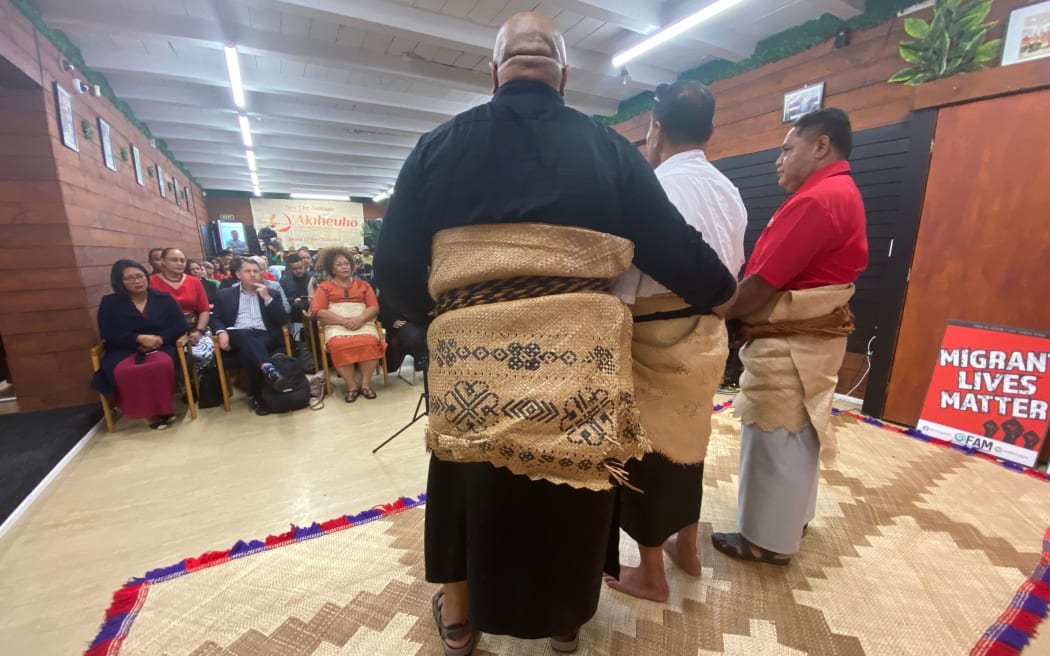
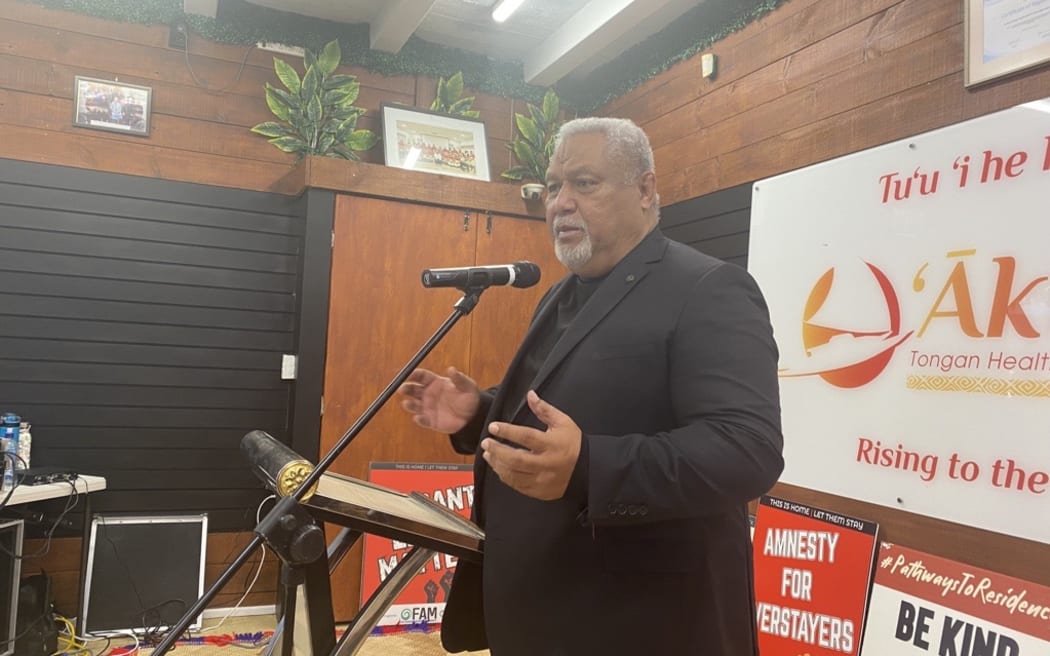

















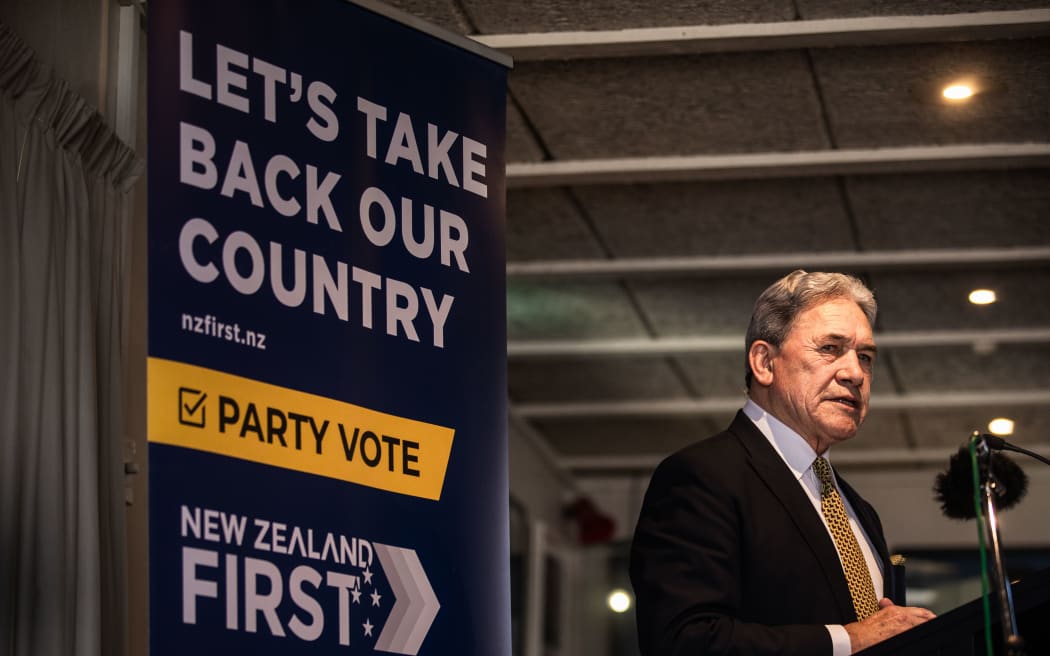
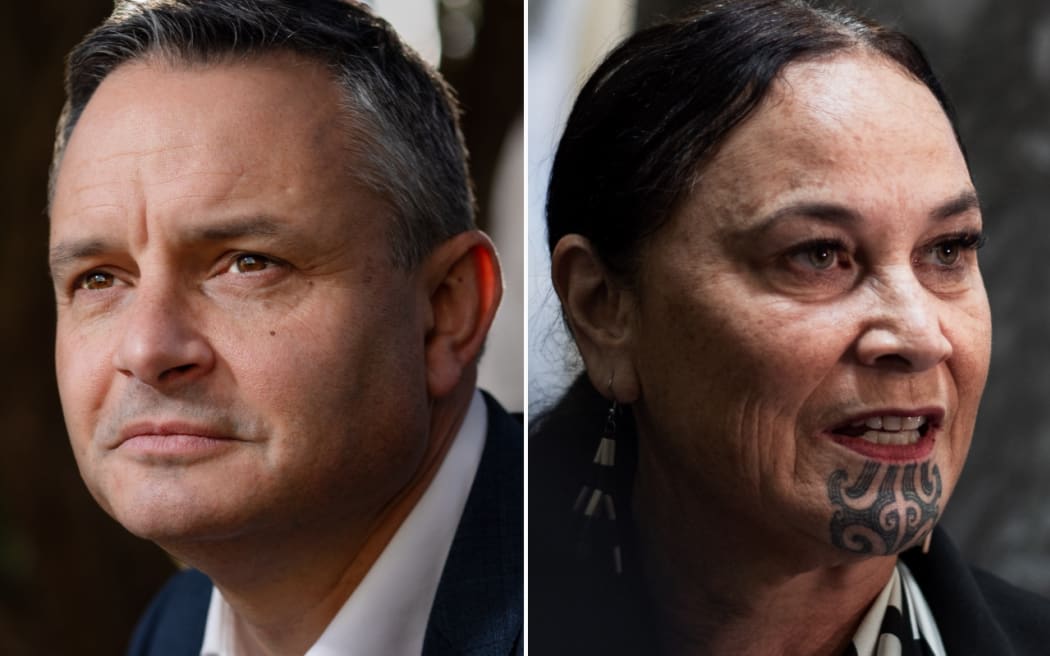
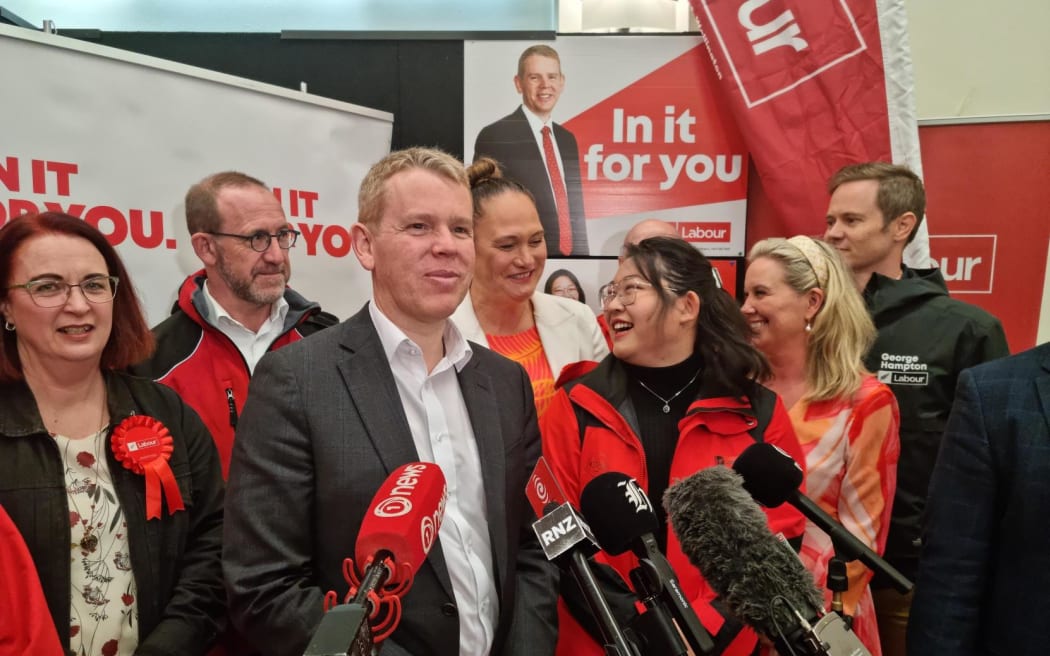
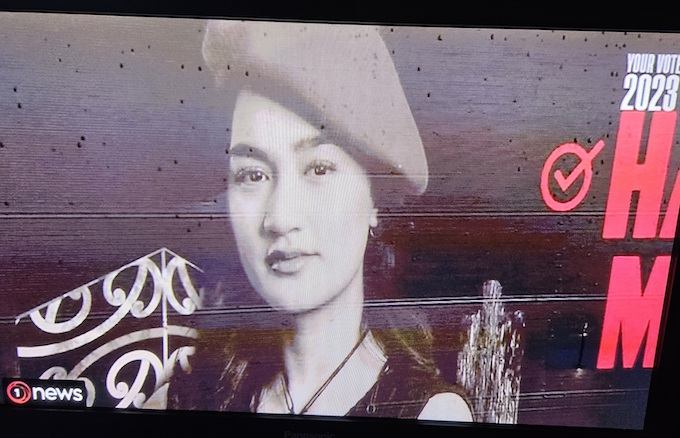
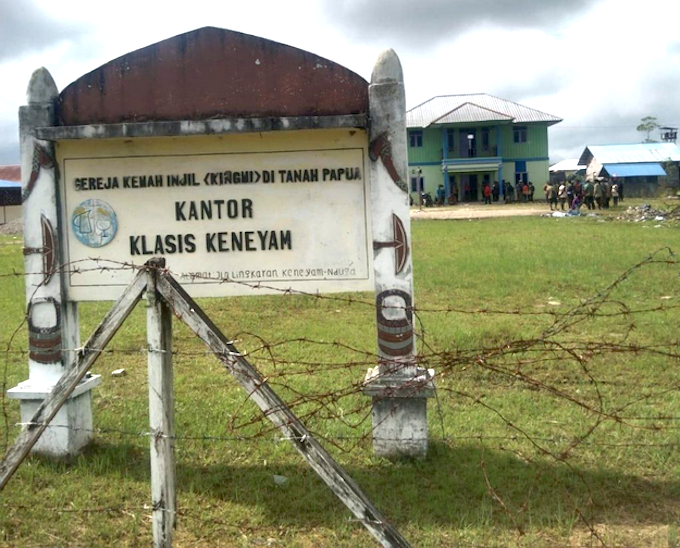
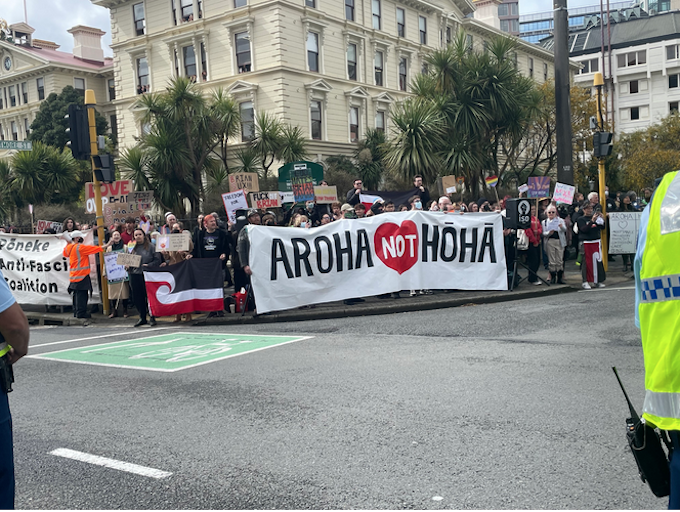










 (@FrankDoe101)
(@FrankDoe101) 
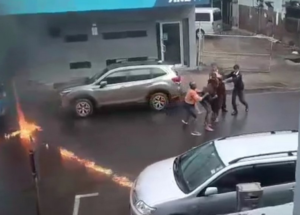

 ☭ (@fufuisonme)
☭ (@fufuisonme) 